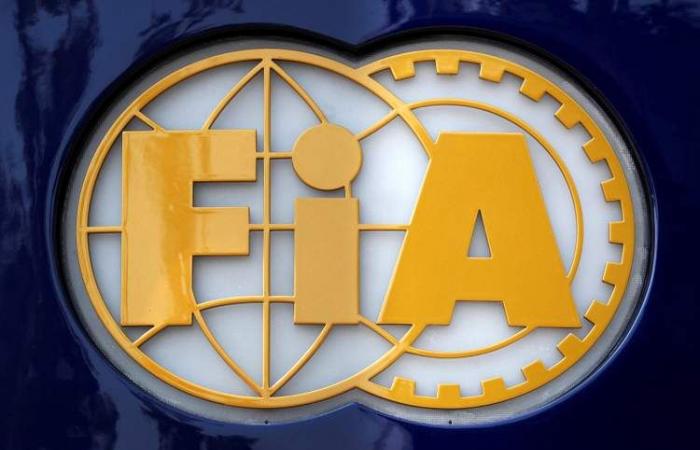
For years, fans and teams of Formula 1 have been made in a whirlwind of decisions of incoherent commissioners who leave the pilots perplexed and the fans scream in front of their screens. Penalties that resemble a draw for racing decisions that arouse more controversy than clarity, cracks in the F1 arbitration system are painfully obvious. But now, in a dramatic upheaval, the FIA finally tackles this front problem with a radical reform which could revolutionize the way in which F1 is judged – still.
Chaos of inconsistency
Until now, Formula 1 arbitration has worked as a rotating troop of amateurs. A group of commissioners – diafferent for each race – see judgments on incidents, often with very varied interpretations. The result? Penalties as unpredictable as the weather for SPA.
Worse, these commissioners are mainly volunteers. This is true – volunteers deciding on the racing fate of several million dollars. Often, they hardly receive a modest compensation to cover their costs, leaving critical decisions in the hands of part -time officials with limited resources. The inconsistency left the teams and the frustrated pilots, the disconcerted fans, and the reputation of the sport at stake.
A daring new era: enter the department of FIA officials
Recognizing the disorder, the FIA launched its Department of Officials Revolutionary in September 2024, an initiative aimed at professionalizing sports arbitration standards. At the head of this initiative is Matteo Perini, the head of FIA sports officials, responsible for building a solid pool of talents of commissioners, racing directors and officials.
It goes beyond a simple rebranding. Nicolas Tombazis, the manager of the FIA single -seaters, explained that this department is the cornerstone of the future vision of the FIA. “It probably becomes a little unfair to count solely on people who do it with good heart, and that's what we have currently,” admitted Tombazis during a recent interview with Motorsport.com.
The objective? A professional arbitration body which is not content to be present during racing weekends, but which engages in a thorough analysis after the race. “We want an organization capable of spending Monday morning after a race to analyze each decision, ensuring that it was taken properly, seeing what could be improved,” said Tombazis.
Revolutionize the supervision of the races
This change does not only concern staff. A powerful remote surveillance center will soon supervise the races in real time, analyzing incidents with advanced technology and guaranteeing the consistency of decisions. This centralized system promises to end the era of improvised judgments and fragmented communication.
-But it is not only a question of reinventing the wheel. Tombazis stressed that current intendants – having a lot with decades of experience – will restore valuable contributors to sport. “To be clear, this does not decrease the group we have currently, which is very experienced and has been used for 20 years,” he added.
A talent crisis in the heart
Despite the promise of these reforms, the FIA faces a difficult fight to remedy its talent shortage. The problem intensified when Niels Wittich resigned from his post as F1 race director in November 2024, leading to a race to replace it with RUI Marques, former race director of Formula 2 and Formula 3. Brands A Now taken office for F1 from the Grand Prix de Las Vegas.
Even with existing initiatives such as High-Performance Steward Programmewhich formed around 30 promising managers from various regions, Tombazis recognizes that there is still a lot to do. “There is a feeling that you have to go even further,” he said. “It must be a real department that directs these affairs.”
Can FIA reforms save F1 arbitration?
The effort of FIA to professionalize its arbitration structure marks a seismic change in the governance of Formula 1. However, transforming a faulty system will not be overnight. With a new department, advanced surveillance systems and an emphasis on the training of future talents, changes could inaugurate an era of equity and consistency.
However, the issues are high. Each dubious decision, the FIA risks alienating its fans base and eroding confidence in sport. Only time will say if this overhaul will restore credibility or if F1 will continue to fight against its greatest enemy: itself.





